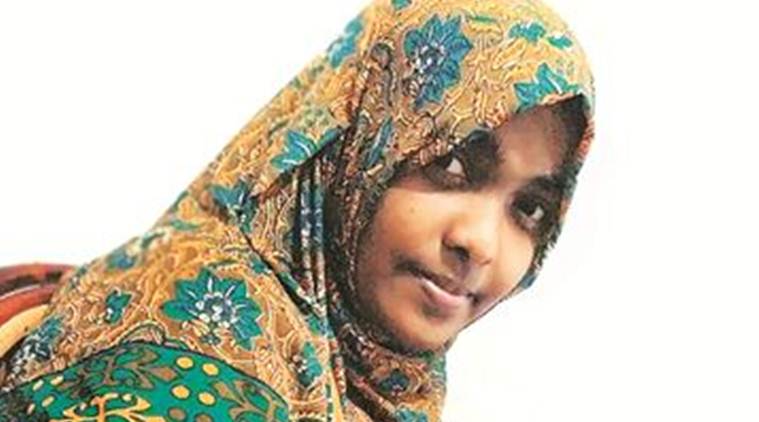Hadiya Case Resonates with Women even as Communal Polarisation Grows, Govt Silent: Kerala. There has been silence from the State Women’s Commission and the State Human Rights Commission in CPI(M)-ruled Kerala. Communal forces of the extreme Hindu kind have used the tragic, extra legal confinement of a woman, and reportedly violent incarceration to fuel hate sentiments against Muslims and Islam. Hadiya, 23, allegedly illegally confined to her home simply because she exercised her right as an autonomous woman.

Sabrangindia has been highlighting this issue for weeks. On September 22, public intellectuals tried to raise this issue to ensure accountability from the CPI-M led Kerala government. Now AIPWA has demanded that the KSWC make its report on the issue public.
[This is the text of the open letter to M C Josephine, Chairperson, KSWC, from Kavita Krishnan, Secretary, All-India Progressive Women’s Association]
To
Ms M. C. Josephine
Chairperson
Kerala Women’s Commission
Dear Ms Josephine,
This is with reference to the case of Ms. Hadiya, which has caused deep concern among women’s groups, as well as concerned citizens.
We believe that you will approach the Honourable Supreme Court with a report you have prepared on the human rights violations possibly faced by Ms Hadiya. We applaud your efforts in seeking permission to meet her, and in preparing the report. However, we believe that given the fact that the young woman is under house arrest in her own family home, that the country is watching how a person’s fundamental rights have been violated on the instance of the Honourable High Court, the Women’s Commission could play a more decisive role in making the report public as well.
Also, even as we hold your office in the highest regard, we would like to express some concern regarding the views expressed by you on the matter of conversion. You have stated that you would prefer to refer to her as Hadiya Akhila, and that it was important that young women not undergo religious conversion for marriage. In light of the recent judgement by the nine-judge bench of the Supreme Court, which has affirmed that privacy is a fundamental right, we reiterate that faith, as well as the choice of one’s name as well as partner are indeed private matters protected by the Constitution. In Hadiya’s case, she converted well before her marriage, and chose the name Hadiya. We feel that the message needs to be carried to the public that choice in matters related to faith and matrimony are private matters.
While it may be that changing names, embracing the religion of the husband, living with the husband’s family may indeed be patriarchal practices, but that we need to acknowledge that many women indeed choose to follow them and that their decisions should be respected. Thousands of women move to their marital homes and change their names each year. You will agree that we do recognise them by their new names and addresses. I am sure you recognize that many women who use the surnames of their husbands after marriage, are also respected as leaders of progressive movements and women’s movements, and are not judged for the same.
We urge you to make the report on the human rights violations of Hadiya public, so that such human rights violations will not remain a private matter.
Respectfully,
Kavita Krishnan,
Secretary, All India Progressive Women’s Association, (AIPWA)